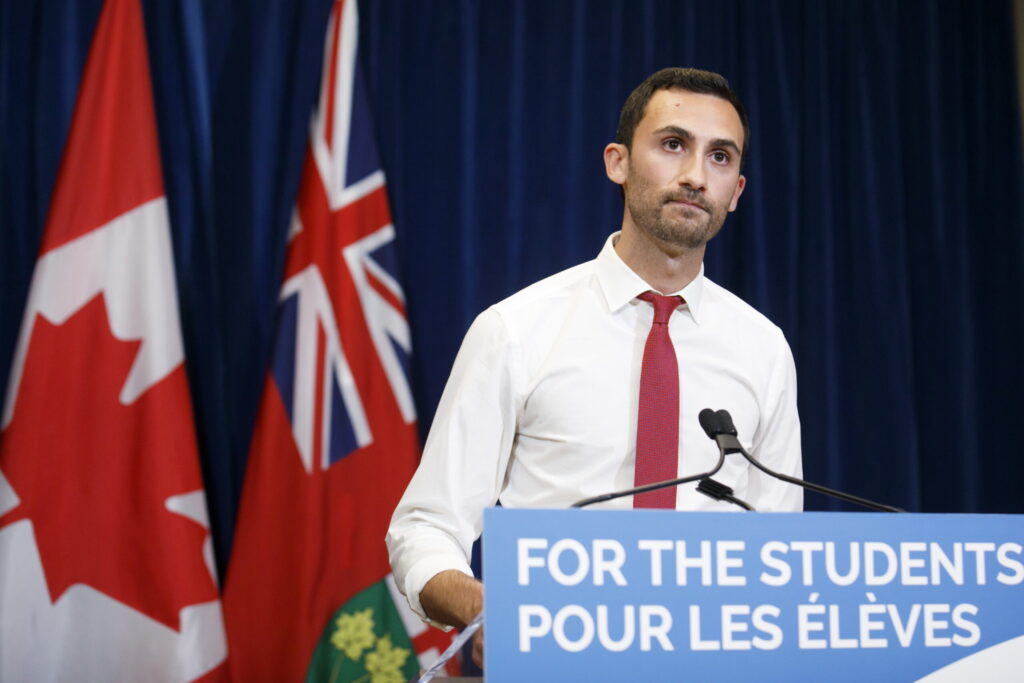Ontario has introduced new legislation aimed at modernizing the province’s education system while providing the government with the ability to sell or repurpose unused school properties for other priorities such as housing. The Better Schools and Student Outcomes Act was introduced the day after the province announced the hiring of 1,000 new teachers to boost math and literacy. The legislation aims to create consistency and transparency across Ontario’s 72 school boards, as well as improve the management of school board capital assets. Additionally, the bill will facilitate teacher training, and there will be regular reviews of the curriculum based on “labor market and learning needs.”
If passed, the legislation will allow the Ontario government to set out “provincial education priorities on student achievement” and require school boards to publicly post their progress. Trustees and senior officials will receive standardized training to deliver on these priorities, which will be set out in regulation. Boards will also have to transparently outline their spending, and an impartial integrity commissioner process will be created to resolve code of conduct complaints.
The legislation will also establish a framework for surplus school property, which can include closed or unused facilities. The aim is to leverage the property for public education and other provincial priorities, such as long-term care homes and affordable housing. The Minister of Education may direct aboard to sell or dispose of surplus land if it is not meeting current or future needs. The province will be given the first right of refusal on surplus land being sold or leased.
The government plans to work with the Ontario College of Teachers and the faculties of education to modernize teacher training, with a focus on math, reading, and literacy. There will be formal guidelines created for a transparent and predictable curriculum review process that considers labor market and learning needs. The province will also aid in communicating provincial priorities with parents and fostering parent involvement in school board activities. Additionally, the government will enable more efficient disciplinary processes and add remedial training and education as new sanctions.

The province will spend over $180 million to support the hiring of 1,000 new teachers to support its financial literacy and coding curriculum. Over $109.1 million will be put into early reading, including 700 more teachers, training in new approaches to reading instruction, and universal screening for students in Year 2 of Kindergarten to Grade 2. The province promised an overhauled language curriculum in September, with an emphasis on early-age basic literacy. The remaining $71.8 million will be spent on doubling the number of math facilitators and creating a math action team to work with school boards to improve scores.
The Toronto House Canada.







